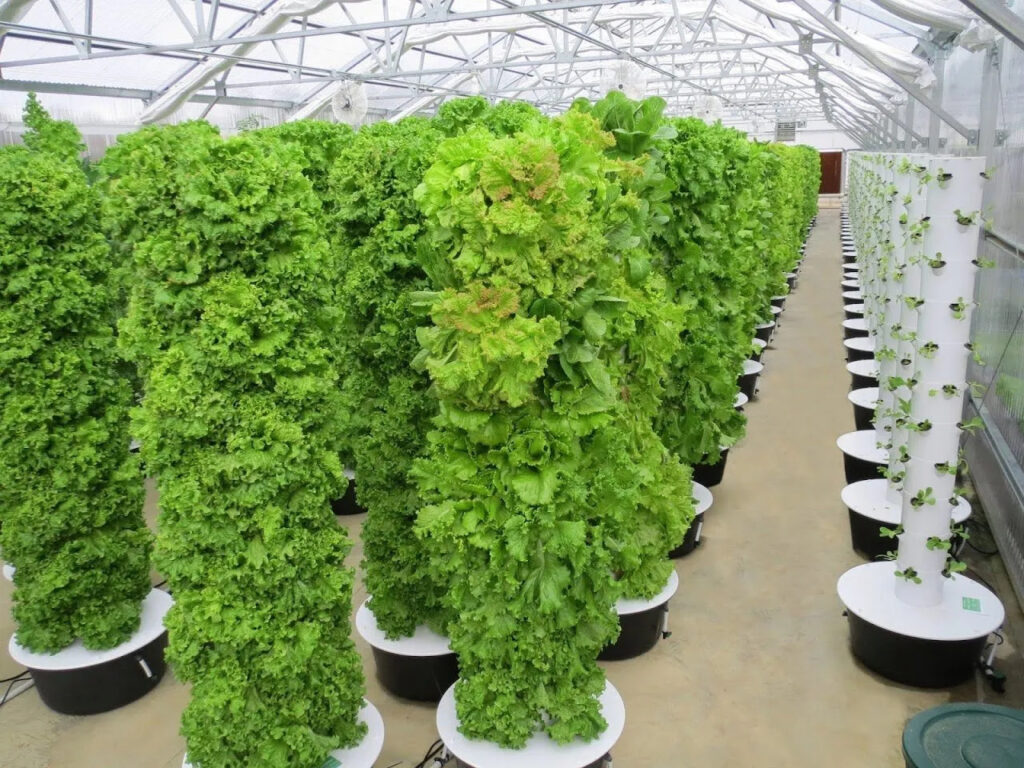
About Us
Hydroponic is a type of soil-less farming, in which plants are grown in water instead of soil. This means that every crop is grown directly in nutrient-rich water. Global problems of limited land and unpredictable weather patterns brought on by global warming have made traditional farming costly and unsustainable. Besides, traditional farming relies heavily on the use of pesticides which create concerns of unsafe produce.

Hydroponic can grow and produce food around cities or in highly populated areas where large pieces of land aren’t available. In other words, you can start hydroponic farming anywhere, even at home! This type of farming method can helps fight against global warming and is a more environmental-friendly and sustainable way of farming.
Hydroponics offers many advantages, notably a decrease in water usage in agriculture. Every drop is maximized by water-recycling. The use of chemicals in hydroponics farming is greatly reduced to minimize food pollution thus rendering hydroponic produce as ‘safe’ for consumption. Furthermore, mass production of hydroponics serves to increase the oxygen levels of the surrounding area and simultaneously reduces carbon dioxide levels.
Hydroponic also presents a way to reduce and alleviate possible shortages of vegetables and micro greens especially in times of crisis and in the face of a growing global population. Mass production of urban farming and home-based farming will be an advantage in our collective desire to reduce world hunger population.
A hydroponic farm in Malaysia typically consists of various vegetables, herbs, or fruits. You can find them growing in houses or small, confined spaces such as containers.